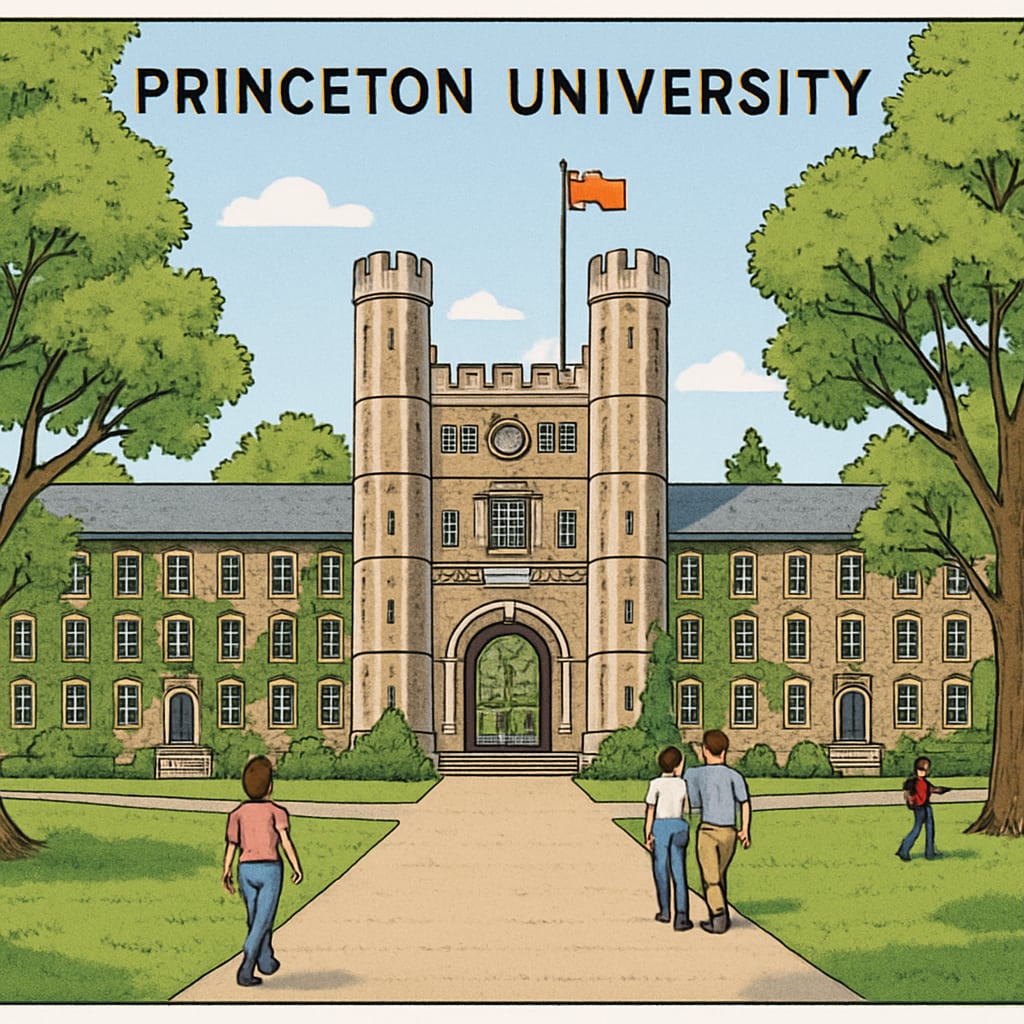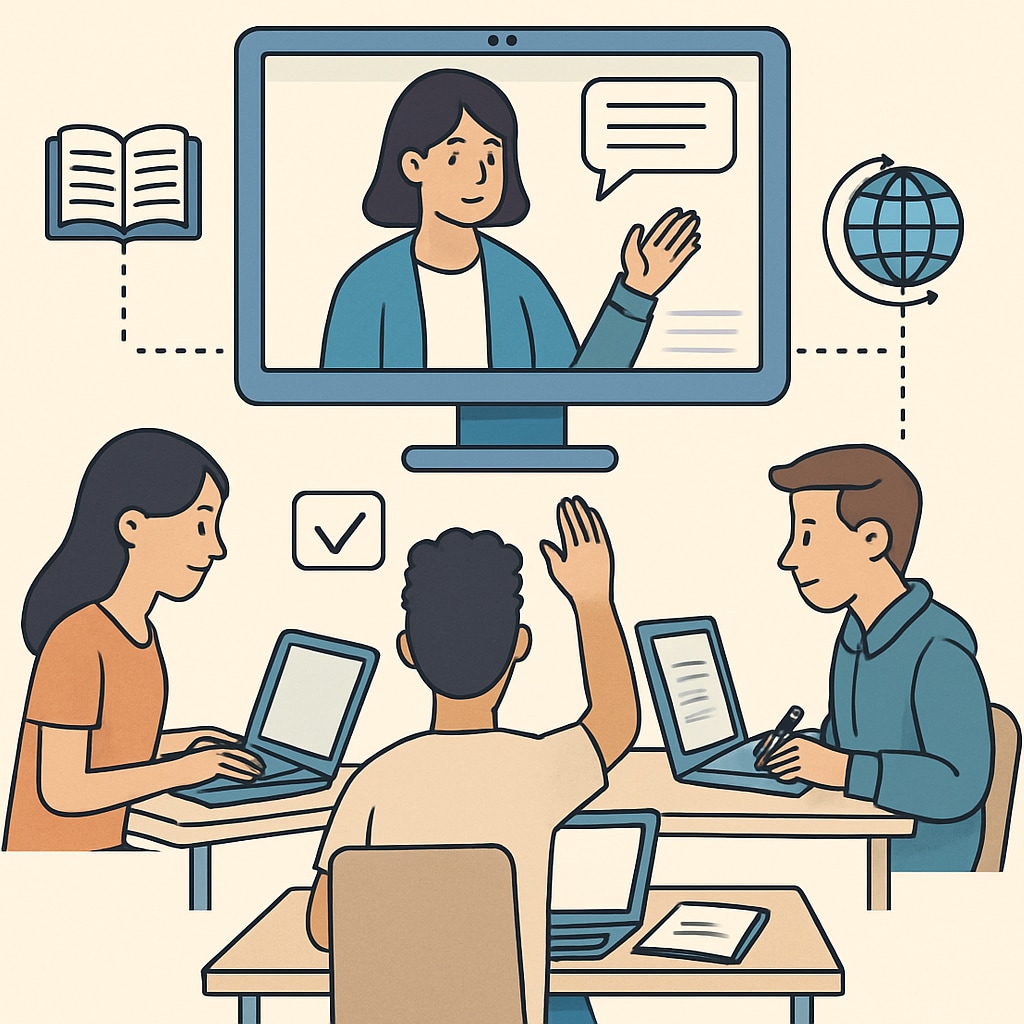Princeton, Ivy League schools, overestimated—this phrase encapsulates a growing concern about the true value of elite education. For decades, institutions like Princeton have carried an almost mythical reputation for academic excellence, networking opportunities, and career advancement. Yet, as higher education evolves, many argue that these schools may not fully justify their exalted status in a rapidly changing world. This article aims to explore the reasons behind this skepticism and challenges the notion that Ivy League schools are inherently superior.
Are Ivy League Schools Living Up to Their Reputation?
For generations, Ivy League schools have been seen as the ultimate educational goal. Princeton, in particular, has been celebrated for its rigorous academics and distinguished alumni. However, critics argue that the prestige of these institutions largely stems from tradition and exclusivity rather than measurable outcomes in education or innovation. For example, a Wikipedia article on the Ivy League highlights their historical role in shaping American society, but does not necessarily address their relevance in today’s globalized economy.
Furthermore, research indicates that the financial and emotional investment required to attend these institutions may not always lead to proportionate benefits. While Ivy League graduates often secure high-paying jobs, studies show that students from other reputable universities can achieve similar success, especially in fields like technology and entrepreneurship.

The Growing Importance of Alternatives to Elite Education
In recent years, alternative models of education have gained traction. Online learning platforms, community colleges, and specialized institutions are providing high-quality, affordable education to diverse demographics. These alternatives challenge the traditional dominance of Ivy League schools and offer more practical, skills-based curriculums. For example, Britannica’s overview on education emphasizes the shift towards accessible and inclusive learning environments.
Additionally, the rise of meritocracy and technological advancements has made it possible for talented individuals to succeed without the “Ivy League stamp.” As a result, parents and students are beginning to question whether the prestige associated with schools like Princeton is worth the substantial cost and pressure.

Redefining the True Meaning of Elite Education
Elite education should be about more than just brand recognition. Instead, it should focus on delivering transformative experiences, fostering critical thinking, and equipping students with skills for the future. While Ivy League schools undeniably provide a strong platform for academic growth, their exclusivity can sometimes overshadow other equally valuable institutions. As a result, it is crucial for families to evaluate their options based on individual goals rather than societal expectations.
In conclusion, the perception of institutions like Princeton and other Ivy League schools as the pinnacle of achievement is increasingly being challenged. By exploring alternative educational paths and redefining success, students can thrive in ways that align with their personal ambitions rather than external pressures.
Readability guidance: Use shorter paragraphs, incorporate lists where relevant, and employ transitional phrases to maintain a smooth narrative flow. Avoid overly complex language to ensure accessibility for a broad audience.


